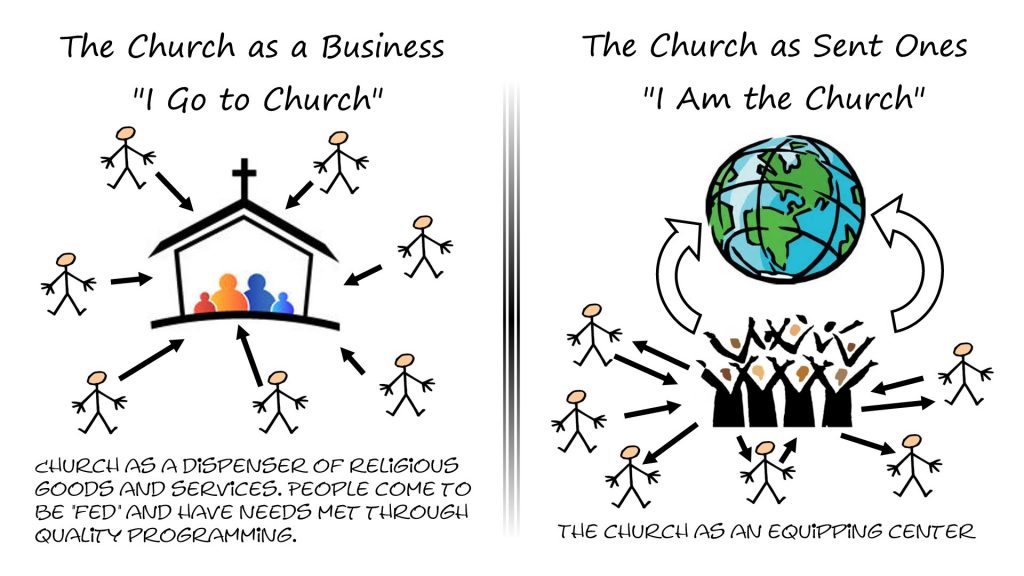Marriage is a pretty important institution, ordained and blessed by God in the very beginning. But life is hard and many marriages and families fall apart. How can the church address the issue of making stronger families? By making stronger marriages! With the movie recent release of Fireproof, I thought that we all could use a little encouragement on developing our marriages!
1. Make Christ the center of your lives (Ecclesiastes 4:12)
2. Remain sexually and emotionally faithful (1 Corinthians 7:2-5)
3. Keep no secrets from your spouse (1 Corinthians 13:6)
4. Love and respect your spouse (Ephesians 5:33)
5. Pray for your marriage (1 Thessalonians 5:17)
6. Be kind and forgive (Ephesians 4:32)
7. Follow God’s instructions for money management (1 Timothy 6:10)
8. Don’t go to bed angry (Ephesians 4:26-27)
9. Honor each other’s parents (Exodus 20:12)
10. Always strive to make your marriage better (Philippians 3:12)
All sound biblical guidance, right? But will we commit to it. How can we make our marriages better… starting this week? Have you taken the Love Dare? This list was taken from HomeLife magazine.
[print_link]
